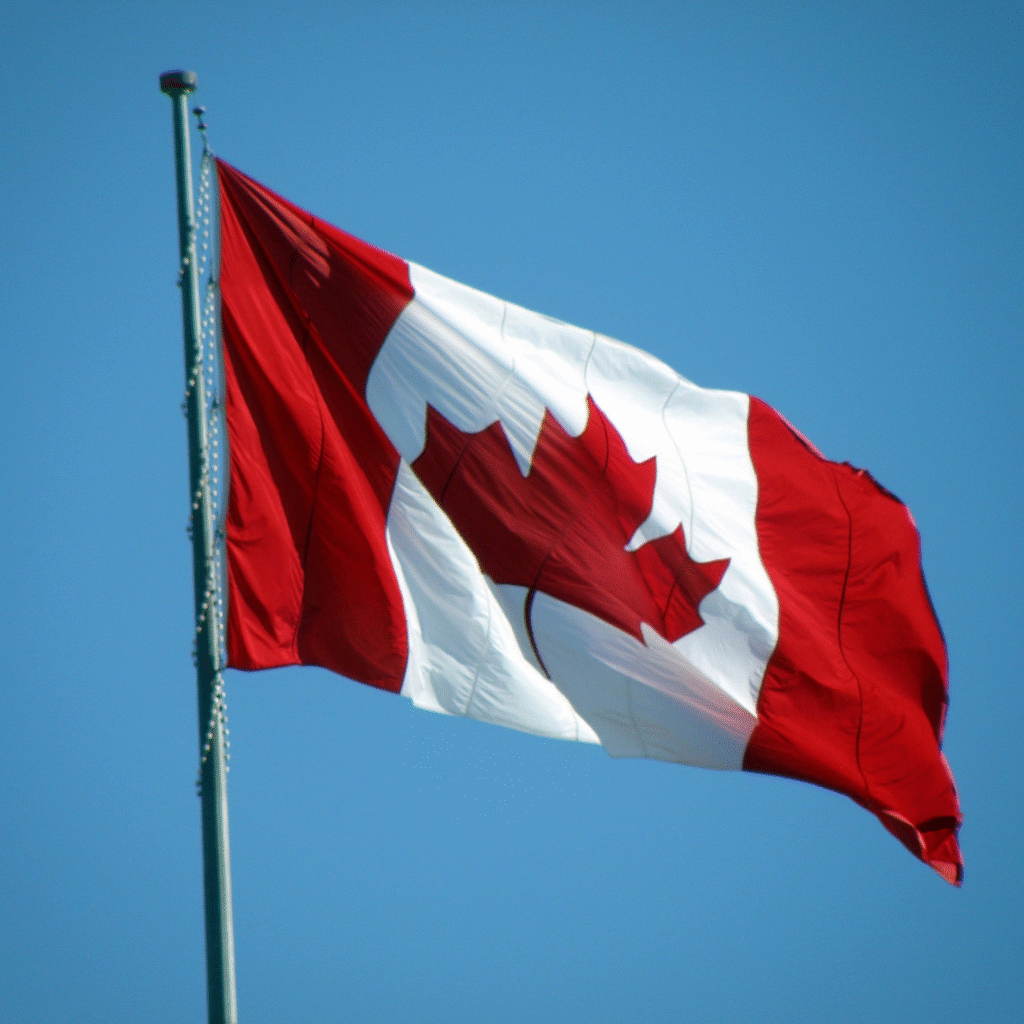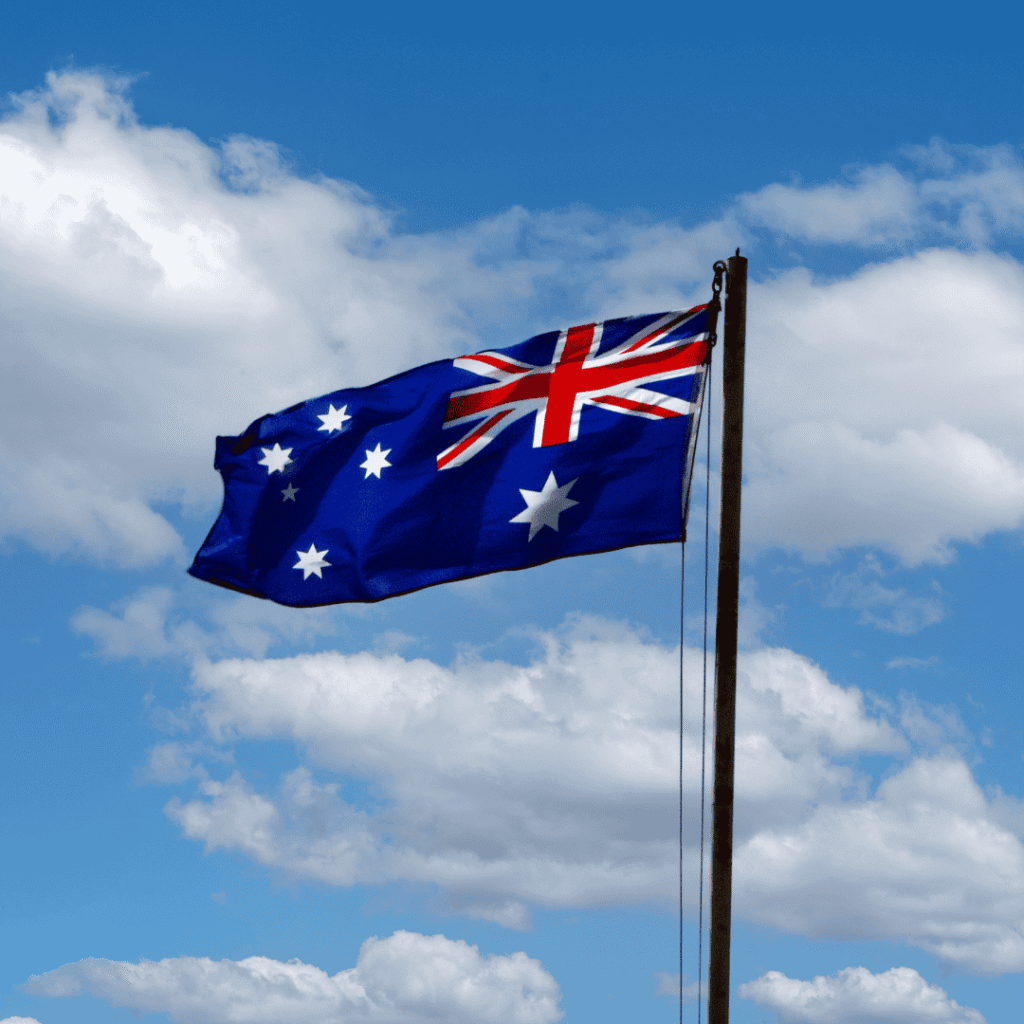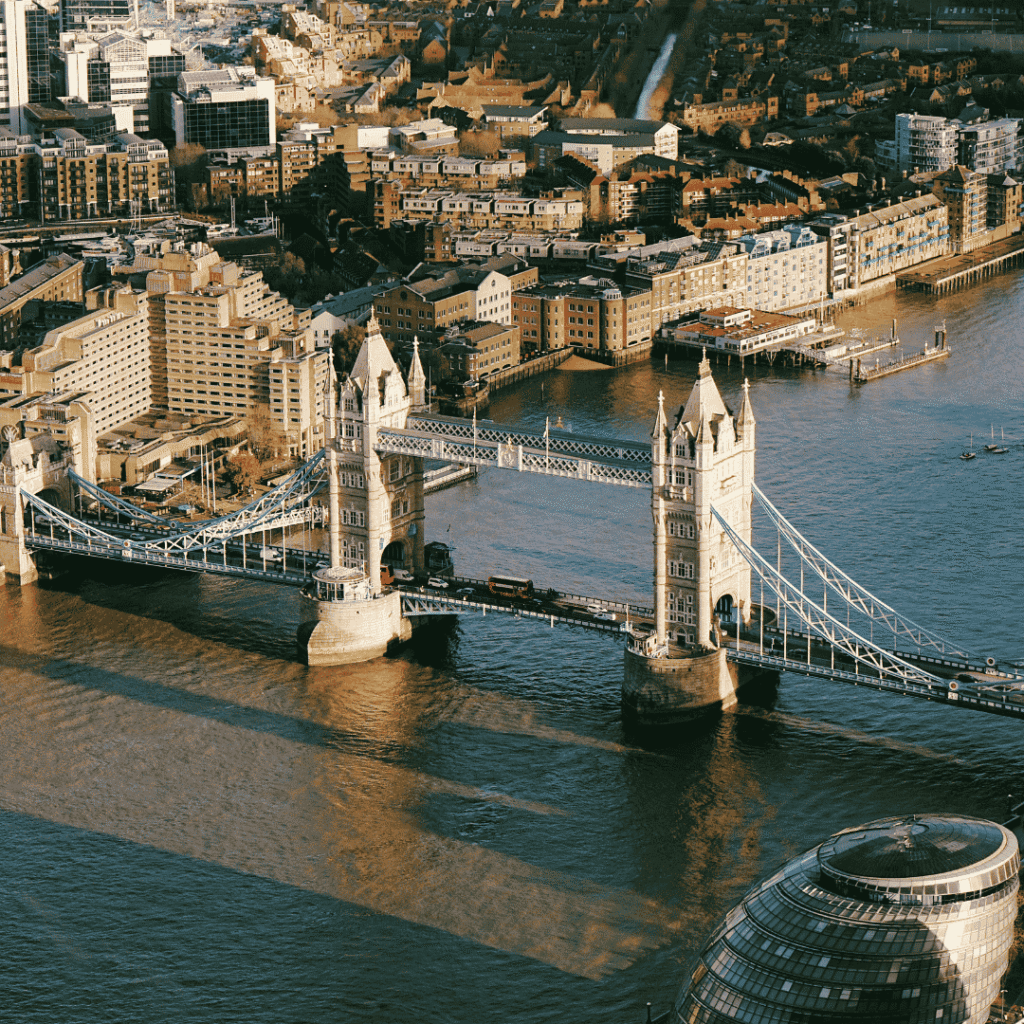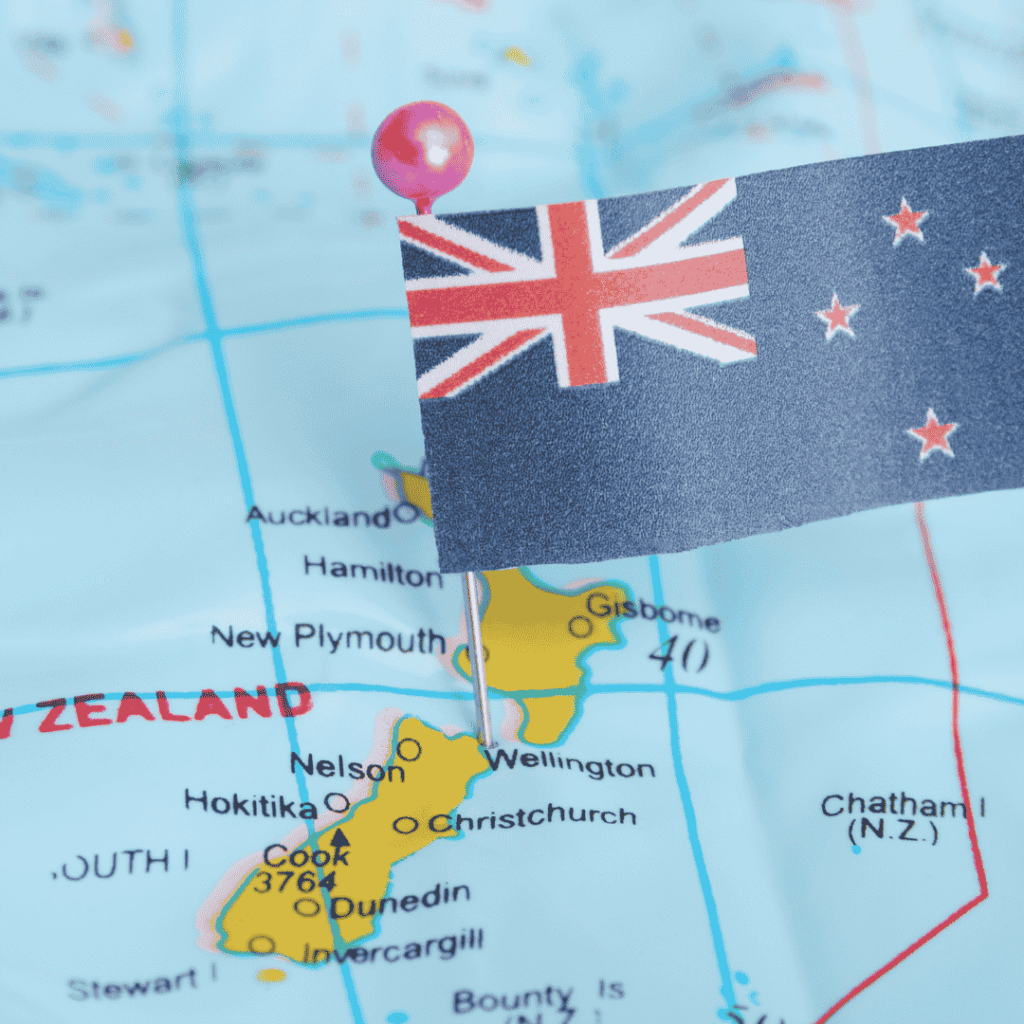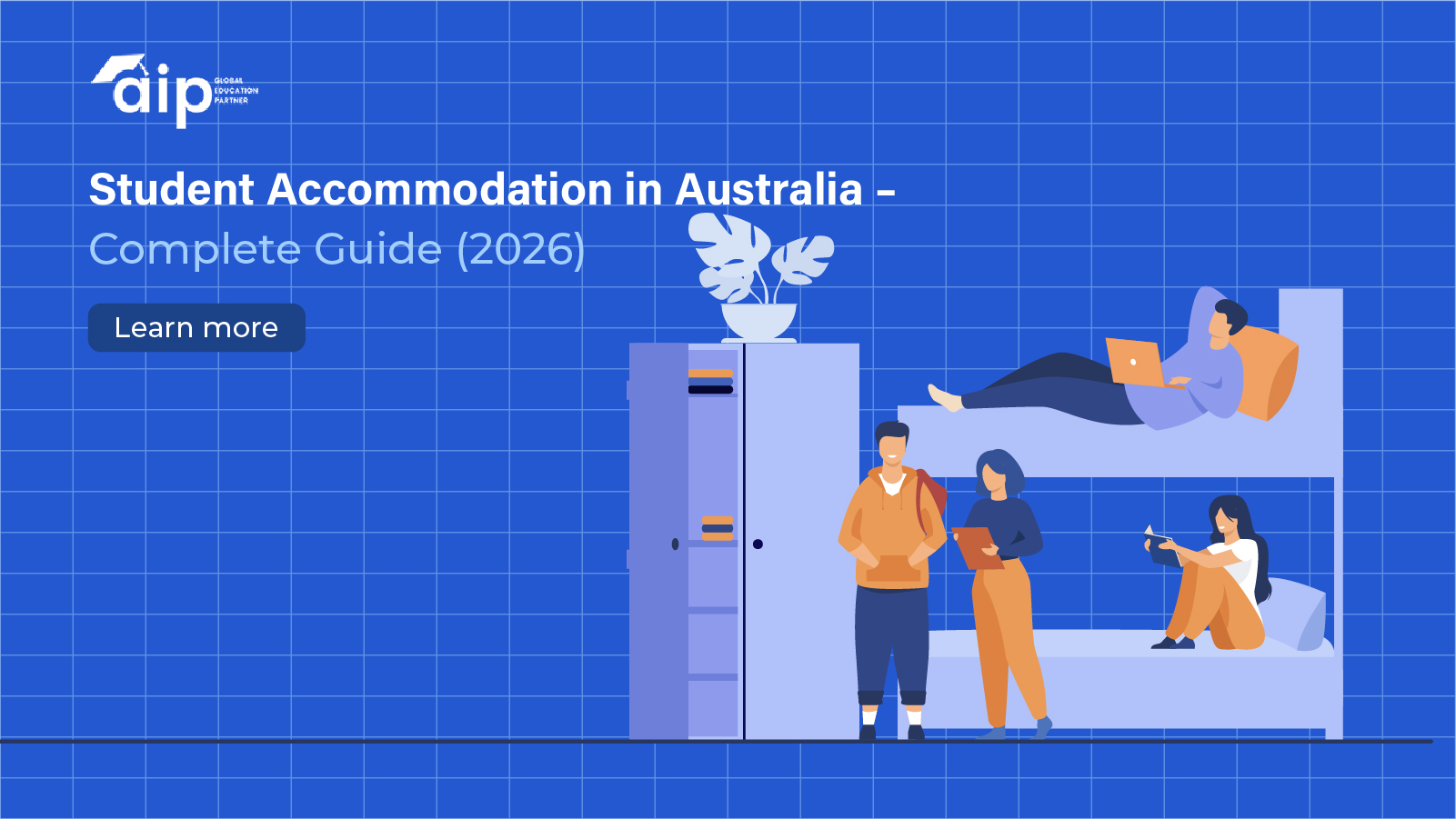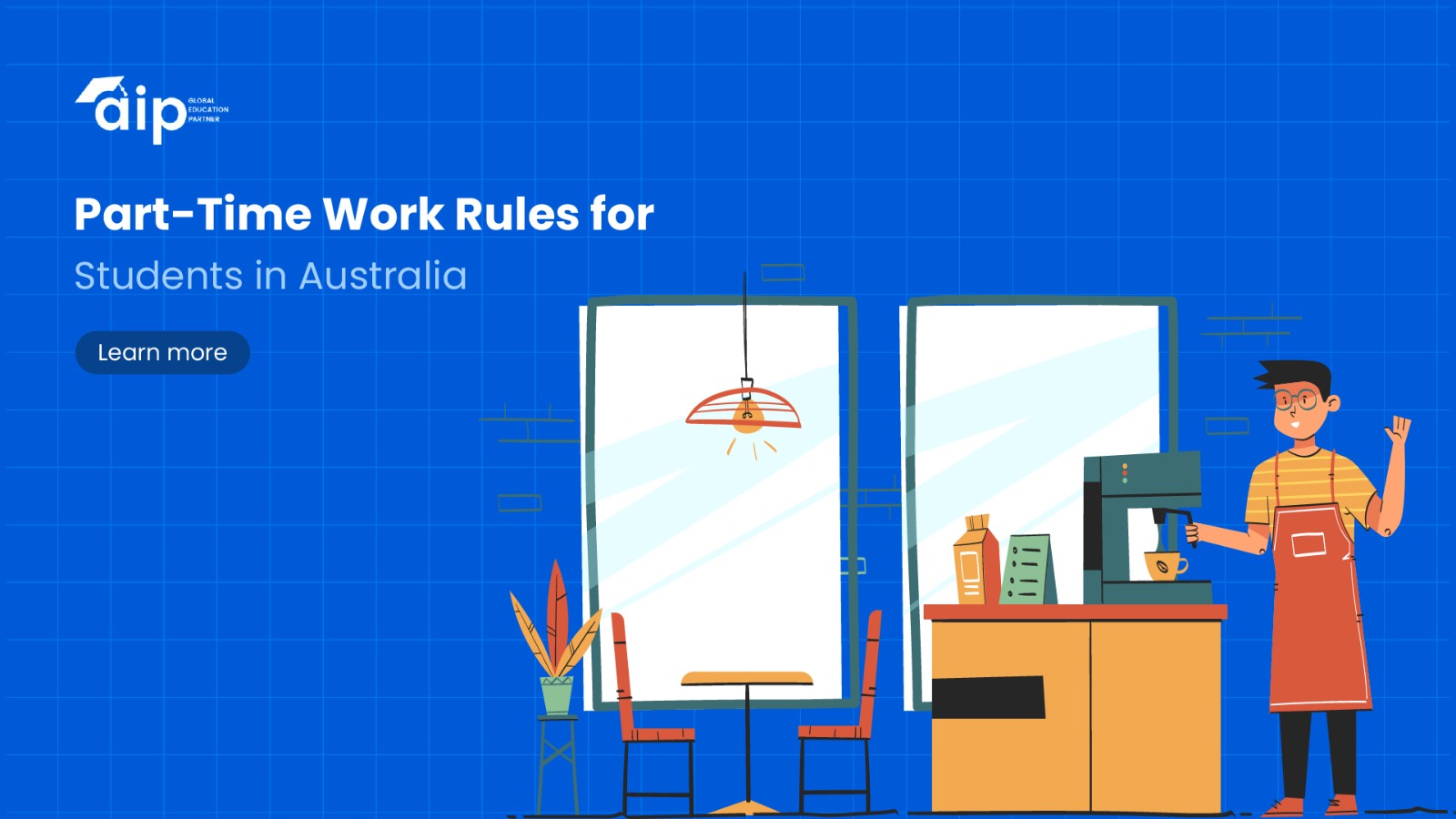Study in Vancouver from Nepal
For many Nepali students, Canada remains a top destination for higher education, and among its best cities, Vancouver shines for its scenic beauty, quality of life, and globally recognized universities. If you’re planning to study in Vancouver from Nepal, you’re opening doors to academic growth, professional exposure, and a multicultural lifestyle. This guide provides detailed insights into what makes Vancouver a preferred choice.
About Vancouver
Vancouver, located in the province of British Columbia, is a coastal metropolis bordered by mountains and the Pacific Ocean. Often rated as one of the most desirable cities to live in, Vancouver combines urban innovation with natural tranquility. Its mild climate makes it more comfortable year-round than many other Canadian cities, especially for students who aren’t used to extremely cold winters.
The city is also a leader in industries such as film, clean technology, education, and tourism. With strong infrastructure, active public spaces, and a reputation for safety, it’s a vibrant place to study and grow personally. Vancouver is also committed to sustainable living, making it ideal for those interested in environmental or community-based careers.
Why Study in Vancouver?
- High-Quality Education: Vancouver houses institutions known globally for academic rigor and research.
- Pleasant Climate: The city enjoys mild temperatures, avoiding harsh winters common elsewhere in Canada.
- Cultural Variety: A melting pot of global cultures, Vancouver fosters inclusivity and acceptance.
- Outdoor Lifestyle: With oceans and mountains nearby, students enjoy outdoor activities year-round.
- Pathways to Immigration: Study programs often lead to work permits and potential permanent residency.
Beyond classrooms, students can enjoy nature walks, snowboarding, kayaking, or simply relaxing at English Bay. This balanced lifestyle encourages emotional well-being and personal development, which is essential during demanding academic years.
Top Universities and Colleges in Vancouver
- University of British Columbia (UBC): Ranked among Canada’s best, UBC is internationally respected for research and innovation. With scenic campuses and diverse programs, it’s a top choice for global learners.
- Simon Fraser University (SFU): Offers strong programs in technology, business, and the arts. SFU is notable for its co-op education model, allowing students to gain professional experience before graduation.
- Langara College: Known for its university transfer programs and vocational training, Langara serves as a stepping stone for students who want flexibility in their academic paths.
- Douglas College: Offers a mix of theoretical and applied learning, especially in healthcare, hospitality, and business.
- Capilano University: Ideal for those pursuing creative industries, CapU focuses on arts, design, and liberal studies with personalized class sizes.
Popular Courses for Nepali Students
- Computer Science and IT
- Business and Marketing
- Environmental Science and Sustainability
- Film Production and Media
- Public Health and Nursing
- Travel and Hospitality Management
Academic institutions in Vancouver offer updated course structures that include hands-on training, capstone projects, and fieldwork. Students are encouraged to participate in real-world problem-solving, which enhances employability in Canada and globally.
Scholarship Opportunities
Vancouver institutions understand the financial strain international students face and offer a wide range of scholarships:
- UBC: Offers prestigious awards like the International Leader of Tomorrow scholarship.
- SFU: Provides entry and in-course scholarships based on academic and leadership qualities.
- Langara College: Recognizes high-achieving students with merit-based awards.
- BC Province Programs: Various scholarships are available for those pursuing high-demand sectors.
Additionally, many private organizations and Canadian government programs offer scholarships that Nepali students can apply for. Strong grades, leadership roles, and community service enhance eligibility.
Student Life in Vancouver
- Living Expenses: On average, students spend between CAD 1,500 and CAD 2,200 monthly. This includes housing, groceries, transit, and leisure.
- Housing: While on-campus residences exist, many opt for shared apartments in nearby suburbs like Burnaby or Richmond due to cost and availability.
- Part-Time Work: International students with study permits can legally work 20 hours per week during semesters and full-time during breaks.
- Internships and Work Experience: Co-op programs are widely available and often lead to full-time roles post-graduation.
- Public Transport: The TransLink system ensures students can commute easily via buses, SkyTrain, and SeaBus.
- Community Engagement: Cultural groups, including Nepali student associations, organize meetups, festivals, and mentorship programs.
Studying in Vancouver is not just about textbooks. Students enjoy a well-rounded experience through clubs, workshops, sports, and volunteering. This holistic approach helps in developing soft skills, networks, and lifelong friendships.
Student Experiences
Ritika (Langara College, Business): “The academic structure was well-organized, and I found a great Nepali community to connect with. My transition was smooth and exciting.”
These voices reflect the holistic development students undergo while studying in Vancouver, from career growth and academic excellence to cultural integration and self-confidence.
Ready to Start Your Journey?
If you’re planning to study in Vancouver from Nepal, reach out to AIP Education for step-by-step guidance. From choosing the right college to visa application and pre-departure orientation, AIP makes your international education plan achievable.
Start your Canadian journey with expert help and clarity. Vancouver is more than a city; it’s your future classroom, workplace, and second home.
Yes, it’s one of the safest cities in Canada with a strong support system for international students.
Vancouver has part-time jobs in retail, food services, admin, and IT, along with excellent internship prospects.
Yes. Many programs qualify you for a Post-Graduation Work Permit (PGWP), a common route toward permanent residency.
Yes. Most institutions accept NEB, TU, or international board results. Some programs may require credential evaluation.


